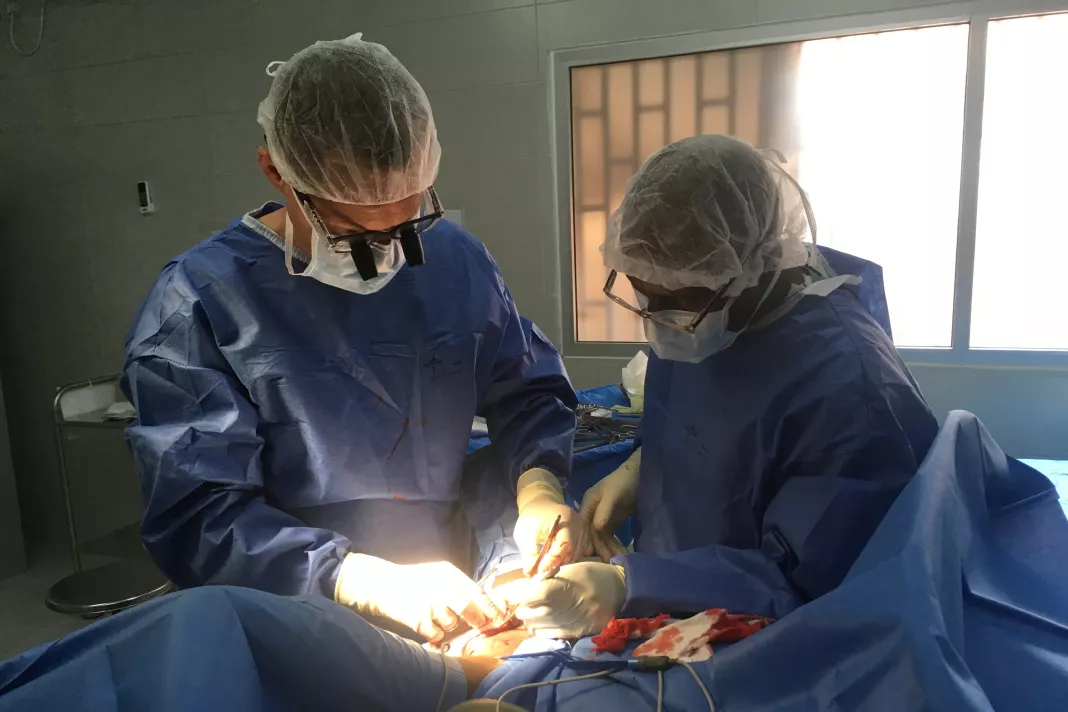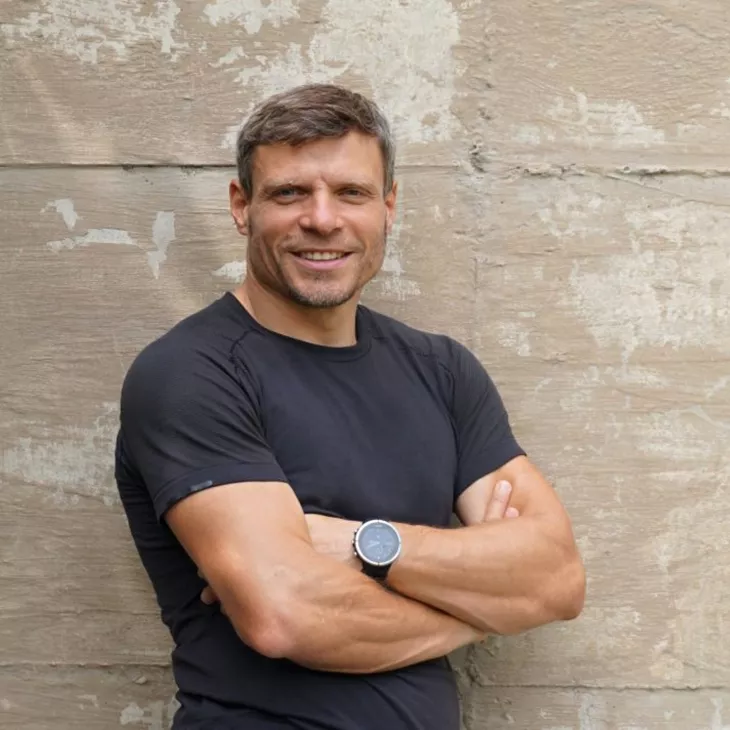Surgeons
MSF surgeons bring their expertise and professionalism to countries where people lack access to critical medical care. They work with the medical team in the emergency, intensive care units and operating rooms. The work will often take place in very challenging conditions and with limited resources.



 Donate
Donate

